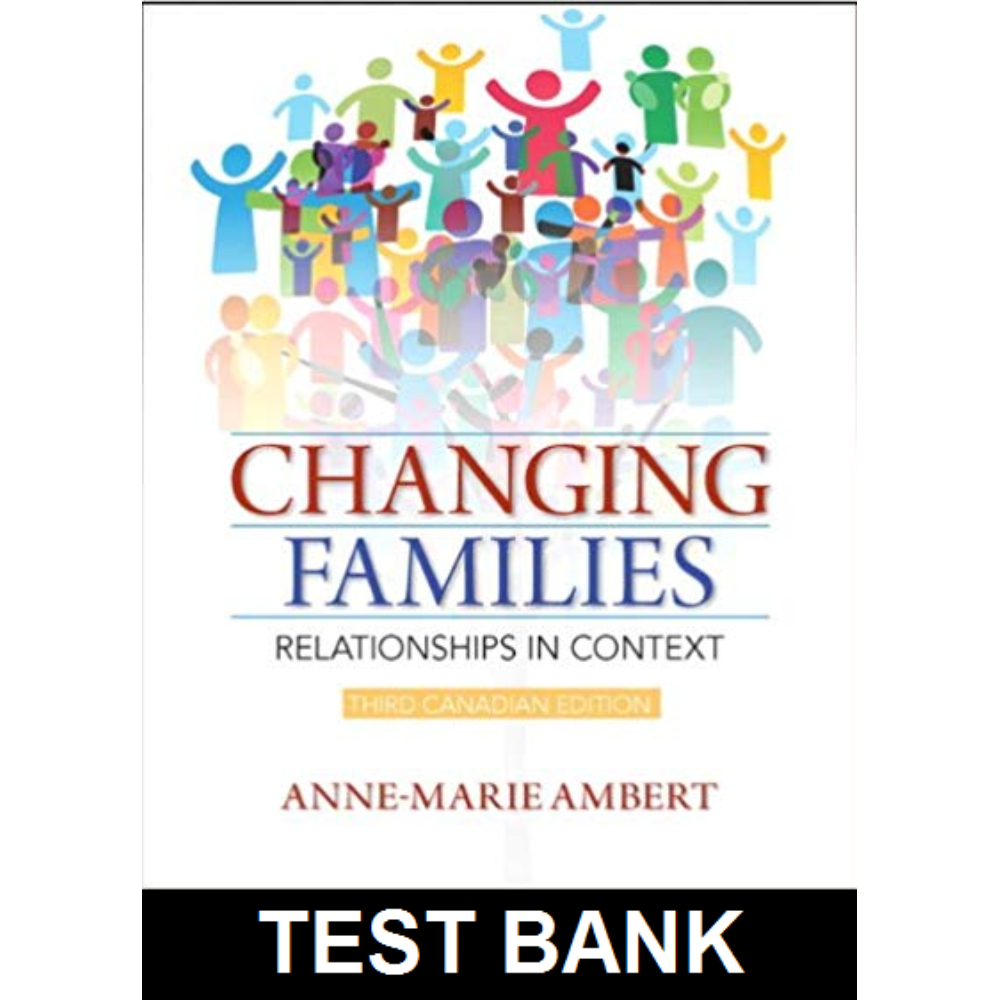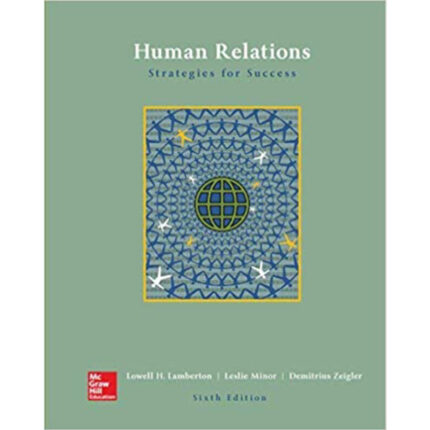CHAPTER 11
Sibling Relationships and Situations
TRUE-FALSE
1. A small child who has a new sibling is less likely to experience parental divorce than one who has no sibling.
Answer: True Difficulty: moderate Page: 317 Skill: factual
2. With the arrival of the second child the mother’s parenting style becomes more punitive
Answer: False Difficulty: easy Page: 317 Skill: factual
3. Small children with a content and sunny disposition react negatively to the arrival of a newborn sibling.
Answer: False Difficulty: moderate Page: 318 Skill: factual
4. Females begin their function of kin-keepers at an early age.
Answer: True Difficulty: moderate Page: 322 Skill: conceptual
5. Sibling adults tend to have a warmer relationship with a sibling with a mental illness than with a sibling with an intellectual deficit.
Answer: False Difficulty: moderate Page: 325 Skill: factual
6. Fathers are on the whole more interested in first-born sons than daughters.
Answer: True Difficulty: moderate Page: 326 Skill: factual
7. The more males are valued in a culture, the greater the difference in parental treatment between boys and girls.
Answer: True Difficulty: easy Page: 328 Skill: factual
8. Sibling bonds are generally closer between brothers than sisters.
Answer: False Difficulty: moderate Page: 330 Skill: factual
9. There are very large correlations between various child outcomes and parents’ socialization practices.
Answer: False Difficulty: challenging Page: 336 Skill: conceptual
10. Families can provide a more powerful shared environment to their children through the process of collective socialization in a functional community.
Answer: True Difficulty: moderate Page: 338 Skill: conceptual
11. Twin studies are more valid using twins reared separately in different families as subjects than twins reared in the same family.
Answer: True Difficulty: moderate Page: 335 Skill: conceptual
12. Because of the power of genes and the nonshared environment, parents are largely irrelevant to their children’ development.
Answer: False Difficulty: moderate Page: 337 Skill: conceptual
13. Genetics play a role in the development of the familial environment.
Answer: False Difficulty: moderate Page: 338 Skill: conceptual
14. Collective socialization is a far more powerful agent of
socialization than isolated parental efforts at home.
Answer: True Difficulty: moderate Page: 338 Skill: factual
15. External environmental forces counteracting parental influence are today far more powerful in child socialization than they were a century ago.
Answer: True Difficulty: moderate Page: 338 Skill: conceptual













Reviews
There are no reviews yet.